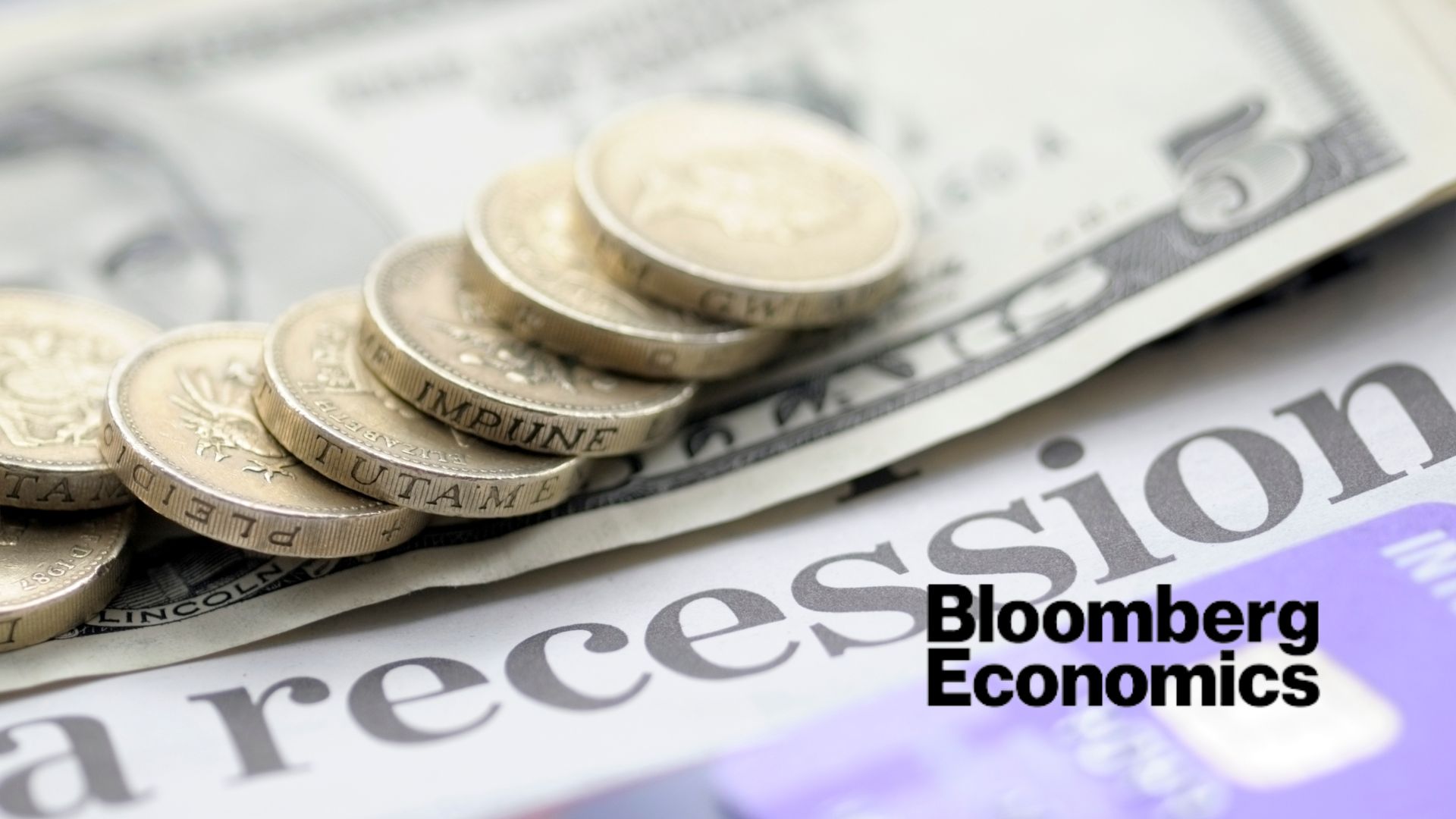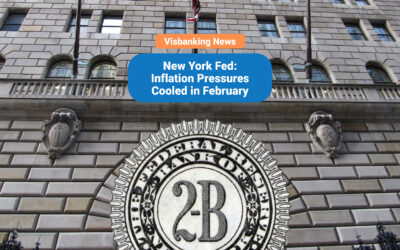Estimated reading time: 3 minutes
By: Ken Chase.
The most recent forecast from Bloomberg Economics shows that the U.S economy is basically certain to experience recession by October 2023. The latest Bloomberg economist probability models represent a significant increase in the chance of recession, up from the previous 65% probability to 100%. Meanwhile, some other economist surveys suggest only a 60% chance of recession by this time next year.
Of course, recent surveys of the American people have revealed that between two-thirds and three-quarters of Americans believe that the country is already in recession. Many of those Americas base that belief on the fact that U.S. GDP growth actually declined for the first six months of 2022. The technical and traditional definition of recession is two consecutive quarters of declining GDP growth.
In other words, Americans understand that the country has been In recession for some time.They feel it when they fill up their gas tanks, paying prices that are significantly higher than January 2021. They recognize that food prices are up across the board. They watch their home heating and electricity bills rise. They notice that their paychecks cannot keep pace with inflation.
So, while Bloomberg and billionaires like Elon Musk and Jeff Bezos sound the alarm about an impending recession, many Americans undoubtedly wonder how much worse things can get. The answer should be clear: anyone who remembers the long-term impact of 1970s stagflation recognizes that current signs are all pointing to something even worse in the next few years.
The U.S. administration continues to deplete the nation’s strategic oil reserve in an attempt to artificially lower gas prices and avoid any reversal of their anti-American energy policies—which many critics have decried as nothing more than an attempt to stave off electoral defeat for the President’s party in the upcoming midterms.
And even as the Federal Reserve has vowed to continue to raise rates until inflation is under control, the party in power in Washington D.C. continues to agitate for even more government spending, including billions of dollars more in aid to embattled Ukraine. Worse, they do so while openly acknowledging that irresponsible government spending is a leading cause of rampant inflation.
Part of the problem in confronting this economic chaos is that the White House and its Congressional allies refuse to face reality. In recent days, the President himself called the economy “strong as hell” in a moment that raised eyebrows across the political spectrum and undoubtedly made many Americans wonder which economy he was talking about.
Bill Clinton famously told Americans, “I feel your pain.” My, how things have changed in just a few short decades, as we have now reached the point where an American President looks at the people’s pain and essentially tells them that they are just too stupid to understand how good they have it.
The bottom line? Americans should be at least somewhat happy to see that some media outlets, economists, and large banks are finally coming to terms with just how bad things could get. Still, for the clear majority of Americans who already believe that a recession is here—because they’re living it—some acknowledgement of that reality might be welcome news too.




